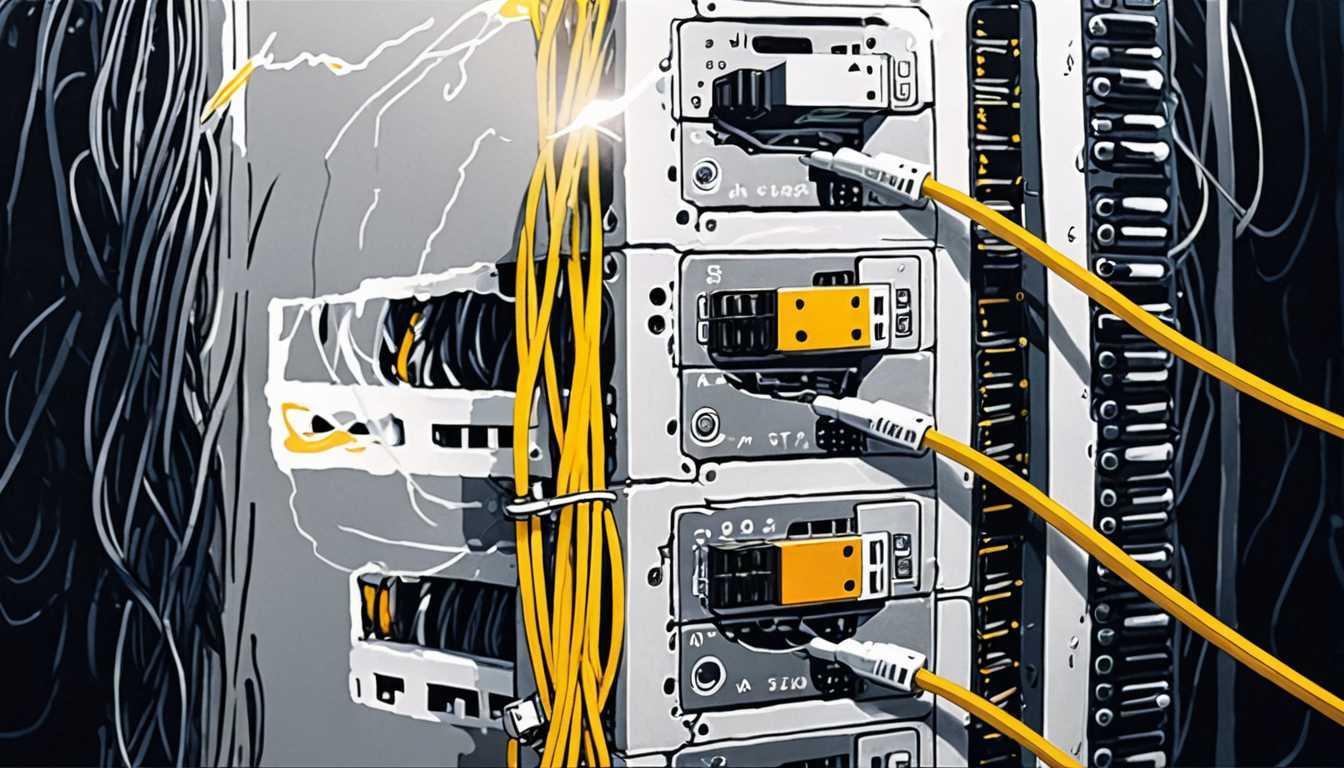AI Transforms Drug Discovery Speed
June 2023
Massachusetts Institute of Technology (MIT)
Introduction
Dive into the world of futuristic medicine with MIT and Tufts University's groundbreaking research! Scientists have turbocharged the drug discovery process using an AI algorithm, similar to ChatGPT, to rapidly match potential treatments with diseases—bypassing the slow step of 3D molecular mapping. This innovative method can screen over 100 million compounds in a day, opening new doors to finding cures faster. Get ready to explore how this tech could revolutionize healthcare, all in the latest from MIT's brilliant minds!
READ FULL ARTICLEWhy It Matters
Discover how this topic shapes your world and future
Unveiling the Future of Medicine
Imagine a world where discovering new medicines is as quick as flipping through the pages of your favorite comic book. That's the promise of a new model developed by researchers that could significantly speed up the process of drug discovery. This breakthrough is not just about making things faster; it's about saving lives by finding cures for diseases like cancer or heart disease more efficiently. For you, this could mean a future where the medicines we need are developed quicker and are more accessible to everyone around the globe. It's a glimpse into a future where science fiction meets reality, and it's happening right now. This topic might spark your curiosity about how technology and biology intersect to create innovations that can change the world.
Speak like a Scholar
Computational Methods
Using computer algorithms to solve scientific problems. Imagine using a super smart calculator to predict which key opens a lock without trying each one.
Amino Acids
The building blocks of proteins in your body, kind of like the individual bricks in a LEGO model.
Artificial Intelligence (AI)
A branch of computer science where machines learn to think and make decisions like humans. Picture your computer or phone suggesting what you should do next, but for complex scientific problems.
Large Language Models
A type of AI that understands and generates human-like text. It's like having a robot that can write stories or essays after reading a lot of books.
Drug Molecules
The tiny compounds that make up medicines. Think of them as the ingredients in a recipe that can make you feel better when you're sick.
Binding Affinity
How strongly a drug molecule sticks to its target, like how much a magnet is attracted to your fridge.
Independent Research Ideas
Exploring the Role of AI in Personalized Medicine
Investigate how AI can tailor drug treatments to individual genetic profiles, making medicines more effective and reducing side effects.
The Evolution of Drug Discovery
Study how the process of finding new medicines has changed over time, from trial-and-error methods to the use of computational models and AI.
AI and the Fight Against Antibiotic Resistance
Research how AI models like ConPLex can be used to discover new antibiotics and combat the growing threat of antibiotic-resistant bacteria.
Ethical Implications of AI in Healthcare
Delve into the ethical considerations of using AI in drug discovery and healthcare, including privacy concerns, accessibility, and the potential for AI to make decisions about health treatments.
The Potential of AI in Rare Disease Research
Explore how AI can accelerate the discovery of treatments for rare diseases, which often lack funding and attention compared to more common conditions.
Related Articles

AI’s Minecraft Mapping Adventure Unleashed!
July 2024
Caltech - Research News

Why Some Images Stick: MIT Study
April 2024
Massachusetts Institute of Technology (MIT)

Meet the Eco-Friendly AI Supercomputer!
November 2024
Harvard Gazette

Nightshade: Artists' Secret Weapon
October 2023
MIT Technology Review

AI Trees: The Future of Urban Planning
November 2024
MIT News